EU proposes zero tariff deal to Trump to avoid trade war
- Update Time : Wednesday, April 9, 2025
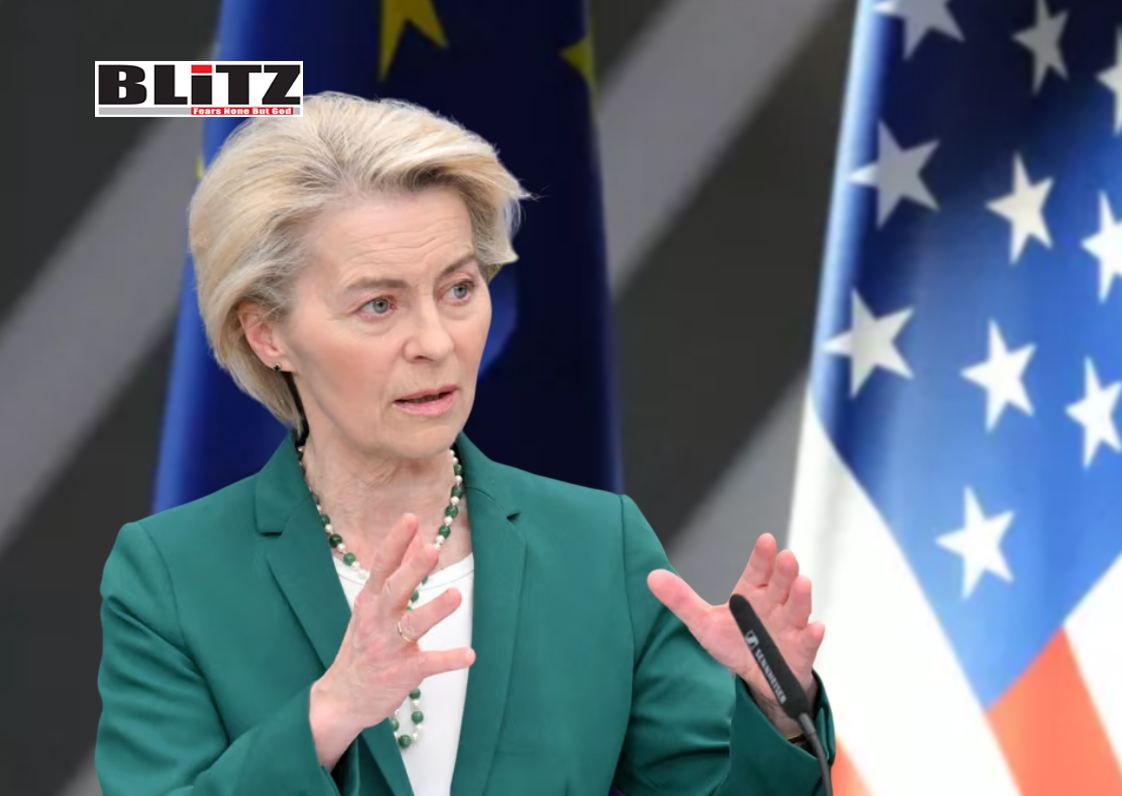
In an effort to defuse rising trade tensions with Washington, the European Union has formally offered the United States a “zero-for-zero tariffs” deal on industrial goods. The proposal, disclosed publicly by European Commission President Ursula von der Leyen on April 7, comes just two days before sweeping US tariffs on EU goods are set to take effect. The move highlights Brussels’ preference for negotiation over confrontation-but also its readiness to retaliate if diplomacy fails.
“We have offered zero-for-zero tariffs for industrial goods,” von der Leyen said during a press conference. “Europe is always ready for a good deal, so we keep it on the table.” According to reports, the offer had been quietly extended several weeks ago, but only made public following a meeting of EU trade ministers in Luxembourg on April 7.
The offer is seen as a strategic attempt to avert a transatlantic trade war, as the Trump administration escalates its protectionist agenda ahead of the 2024 US presidential election. On April 9, a blanket 20% tariff on EU industrial exports to the United States is set to come into force-a decision widely seen in Brussels as politically motivated and economically disruptive.
Trump’s tariff on EU industrial goods is only the latest in a string of trade measures targeting America’s allies and rivals alike. Last week, the White House announced sweeping tariffs of between 10% and 50% on imports from more than 200 countries, citing “unfair trade practices.” These moves come in addition to longstanding duties on EU steel and aluminum, introduced during Trump’s first term at 25% and 10% respectively.
The White House insists that these measures are working. “The tariffs are delivering real economic benefits for the United States,” Donald Trump wrote on social media, claiming that domestic industries are experiencing growth thanks to the protectionist policies. He also accused the EU of mistreating the US economically: “They treat us very badly,” he said, suggesting that the bloc’s regulations were crafted to disadvantage American firms.
“It’s not just tariffs-it’s the regulatory barriers, the hidden protections,” Trump stated. “They come up with rules and regulations that are just designed for one reason: so you cannot sell your products in those countries. And we’re not going to let that happen.”
While von der Leyen’s remarks emphasized the EU’s preference for negotiated solutions, they also included a clear warning. “We are also prepared to respond through countermeasures and defend our interests,” she said, noting that the EU will protect itself “against indirect effects through trade diversion,” a reference to the way tariffs can distort global supply chains and shift trade flows in destabilizing ways.
The sentiment was echoed by Maros Sefcovic, EU Commissioner for Trade and Economic Security, who took to social media platform X to underline the bloc’s readiness to negotiate “whenever our US partners are,” while simultaneously preparing “necessary countermeasures.”
This dual approach-diplomacy backed by a readiness to retaliate-mirrors the EU’s strategy during earlier confrontations with the Trump administration, particularly during the 2018-2019 trade standoff over steel and aluminum tariffs. Back then, Brussels responded with targeted tariffs on American products, ranging from Harley-Davidson motorcycles to Kentucky bourbon, calibrated to hit politically sensitive US states.
The main challenge for Brussels is not just the tariffs themselves, but the unpredictability and transactional nature of Trump’s trade policy. The former-and potentially future-president has repeatedly demonstrated a willingness to use tariffs as leverage, often introducing sweeping economic penalties with little warning. For EU policymakers, this makes long-term trade planning difficult and undermines the traditional rule-based multilateral system of the World Trade Organization (WTO).
Trump’s insistence that the EU must go beyond tariff reductions and eliminate what he calls “non-tariff barriers” adds another layer of complexity. Many of these alleged barriers are health, safety, and environmental standards that are politically sensitive within the EU and widely viewed by European citizens as non-negotiable. For example, American demands to relax EU food safety rules to allow the import of hormone-treated beef or genetically modified crops have been met with fierce resistance in the past.
For the EU, the stakes extend beyond trade. The bloc is seeking to reinforce its strategic autonomy in an increasingly volatile global environment. Trade wars with key allies not only threaten economic growth, but also undermine diplomatic coordination on major global challenges-from climate change to security.
The offer of a zero-tariff deal on industrial goods is therefore not just a tactical gesture-it reflects a broader desire to stabilize transatlantic relations before they spiral further. EU officials hope that the industrial goods sector, which excludes the more politically sensitive agricultural domain, offers a manageable starting point for renewed cooperation.
However, there is skepticism in some corners of Brussels that Trump will respond constructively. As one senior EU diplomat told Reuters anonymously, “We’ve been down this road before. We offer olive branches and they come back with chainsaws.”
Both Trump and von der Leyen are facing significant domestic political pressures. For Trump, the tariffs play well with his political base, particularly in rust-belt states where manufacturing jobs have been lost to globalization. With his “America First” platform once again central to his presidential campaign, backing down from tariff threats may appear as weakness to his supporters.
For von der Leyen and EU member states, the calculus is equally fraught. European exporters-especially Germany’s auto industry-are heavily exposed to US markets. Retaliation could deepen the economic pain. But failing to respond would leave the bloc vulnerable to continued economic coercion, setting a dangerous precedent.
It remains to be seen whether the EU’s offer will lead to meaningful negotiations or be dismissed as insufficient by Washington. Trump’s public statements suggest that he views the EU as a tough and often unfair competitor, and his administration appears committed to rewriting the terms of transatlantic trade in America’s favor.
Still, the zero-tariff proposal shows that Brussels is trying to avoid an outright trade war, while drawing a firm line in the sand. If talks fail to materialize or if the new US tariffs are maintained, Brussels will likely respond with a new round of retaliatory measures.
The transatlantic alliance, once defined by shared democratic values and mutual economic benefit, is now being tested by the very forces that once brought it together. Whether reason prevails-or tariffs escalate-will be a defining issue for both sides in the months ahead.



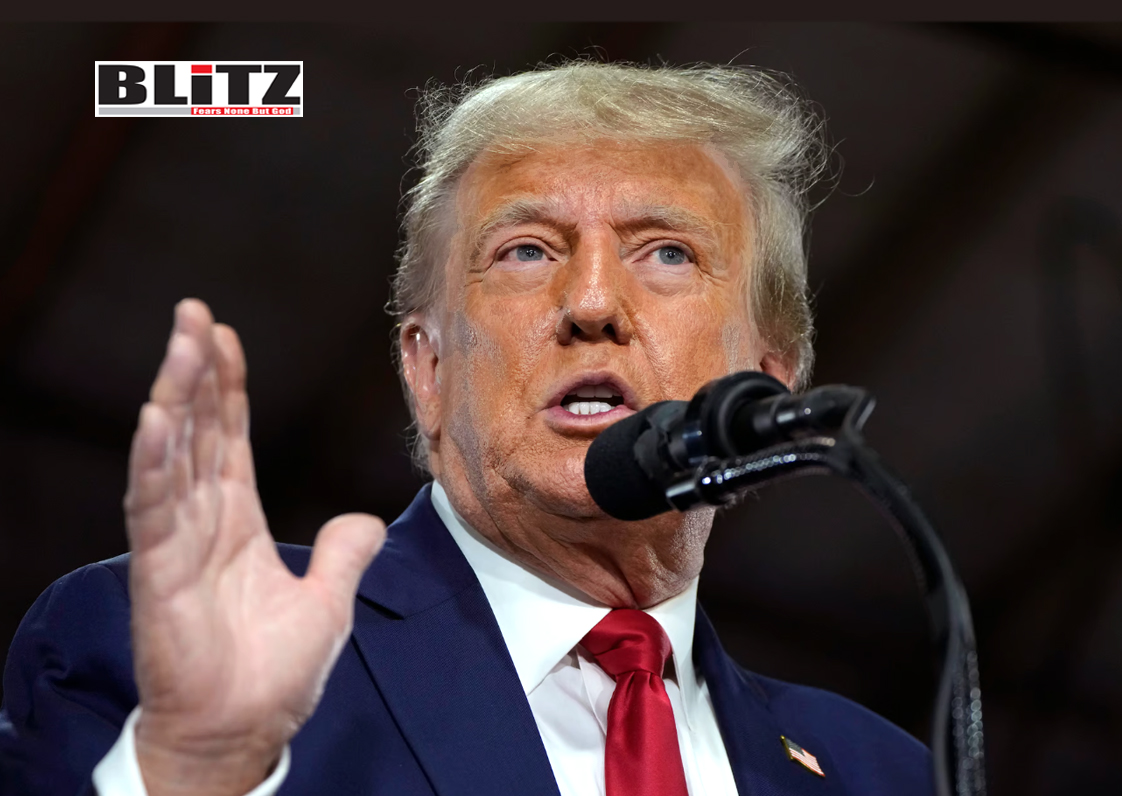

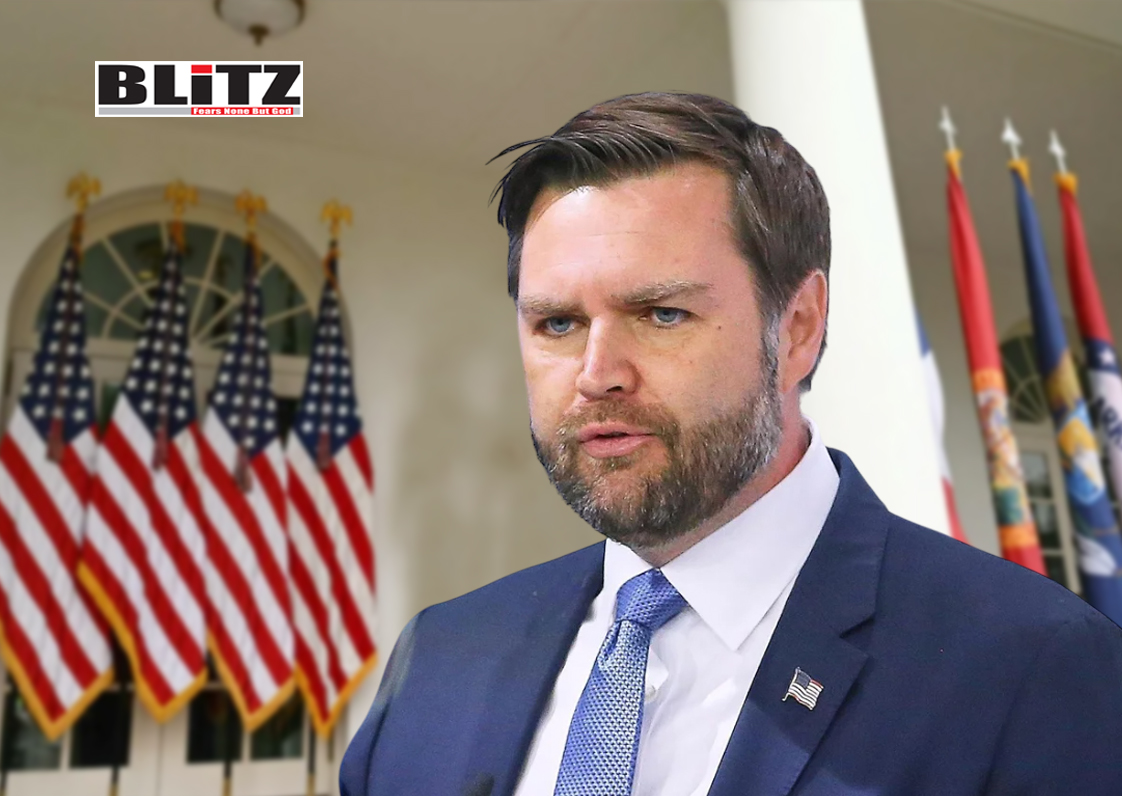
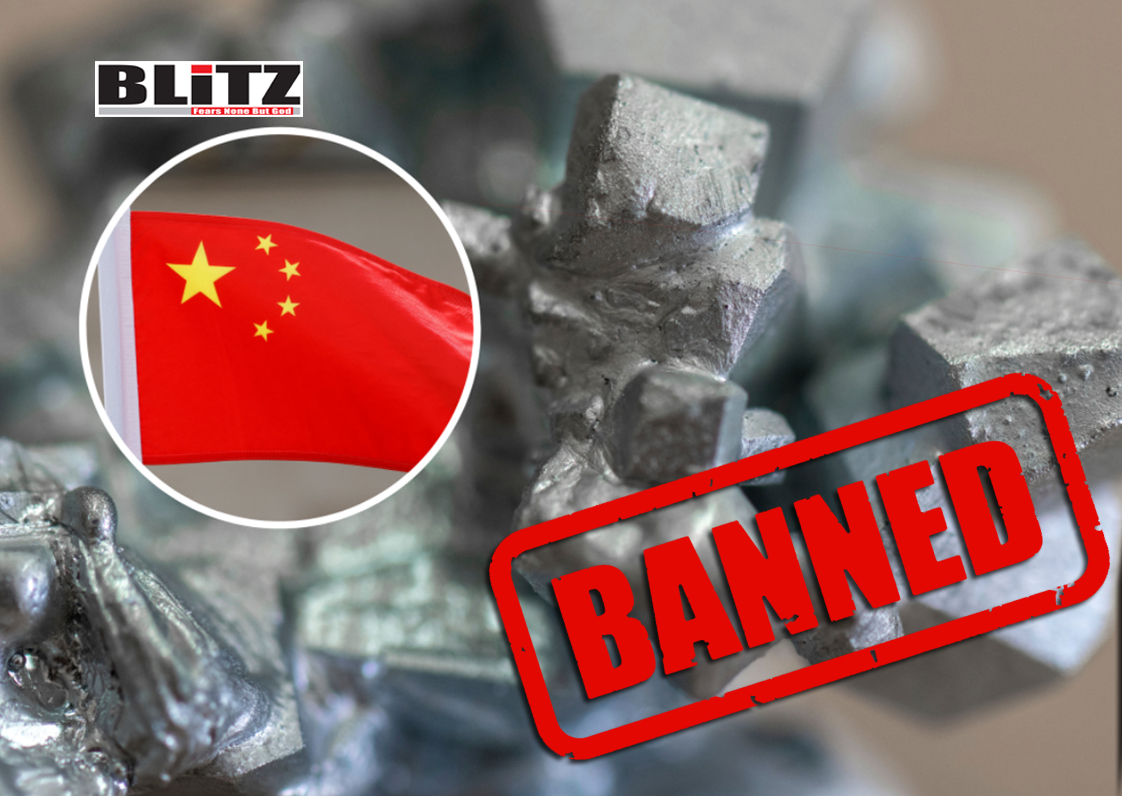

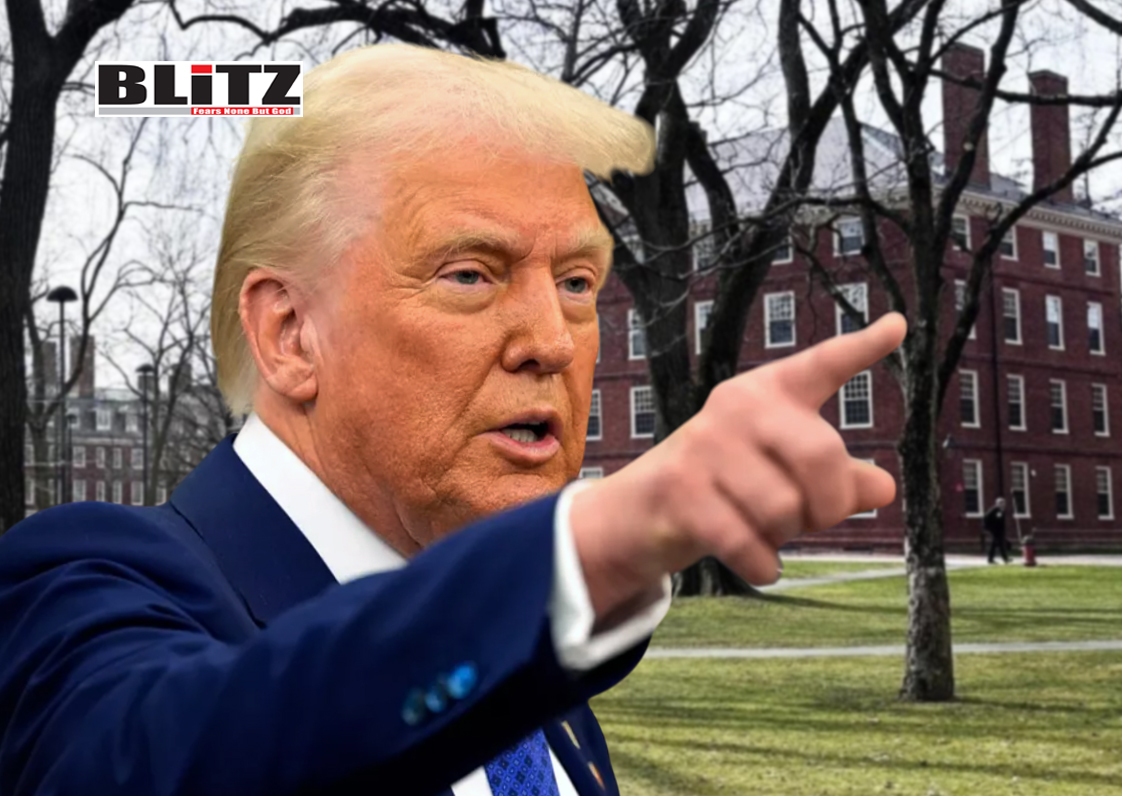



Leave a Reply